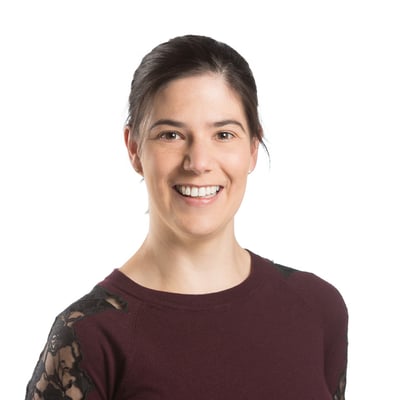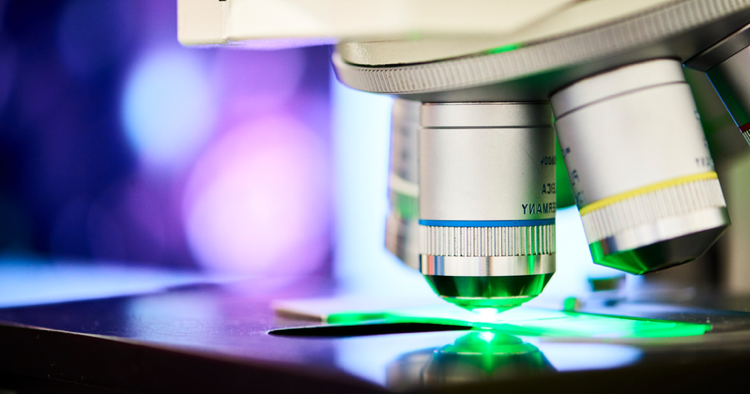Newcastle University is home to the Wellcome Centre for Mitochondrial Research. With a dedicated team of scientists and clinicians supporting patients from all over the country, we are proud of the breakthroughs and life-changing advances made here on campus.
This week (18-24 September) is World Mitochondrial Disease Week. To mark the occasion, we spoke to Dr Renae Stefanetti who is leading our newest research project into the disease: the EMERALD study.

Meet Dr Renae Stefanetti
I joined the Wellcome Centre for Mitochondrial Research in 2015, with my main area of interest relating to therapeutic strategies for adults and children with the disease. I look at the design, delivery and assessment of clinical trials ran here at Newcastle University, in collaboration with Newcastle Hospitals.
My background is in exercise science, and my PhD research focused on the molecular regulation of skeletal muscle mass in response to exercise, nutrition and during sarcopenia. I was initially interested in mitochondrial disease and how it can affect muscle, specifically the use of exercise therapy in patient management. This resulted in me leading a systematic review of all the published literature to investigate the effectiveness and safety of exercise training, which is now being used to inform exercise prescription in the clinical care of our patients and inform clinical trial design and delivery.
I have also recently joined Project PEARL, a visionary campaign to increase awareness of mitochondrial disease and dysfunction for the benefit of the entire mitochondrial community.
About the EMERALD study
The EMERALD study has been established to test the efficacy of using remote microphones to help adult mitochondrial patients affected by hearing loss. Dr Renae Stefanetti is co-leading on the project with Dr Gráinne Gorman, and the study has been made possible thanks to funding from The Lily Foundation (with support from My Mito Mission).
Hearing loss is frequent in mitochondrial disease, affecting ~50% of all patients. At the moment, patients are offered hearing aids as treatment for mild to moderate hearing loss. However, in people with auditory processing and/or sound detection deficits, hearing aids are often ineffective. Hearing aids make sounds louder, but not clearer due to signal distortion at the neural level.
Mitochondrial disease patients are often extremely dissatisfied with the inability of a hearing aid to correct the sound distortion. Alternative strategies are urgently needed, with potential to bring far-reaching benefits to communication, social participation and wellbeing.
We have identified a cohort of mitochondrial patients to evaluate such an alternative strategy - an Assisted Listening Device (remote microphone [RM]). We hope that these devices will enhance the use of conventional hearing aids by improving the signal-to-noise ratios: increasing the speaker’s voice relative to background noise.
The EMERALD study will investigate the feasibility and practicality of using the RM and whether it improves communication, well-being and social participation. If successful, these could represent an important advance in the treatment of hearing impairment for patients with mitochondrial disease.
There are so many things yet to be discovered and explored in mitochondrial disease. The future for curative therapies is bright. When we work together and invest properly in research, anything is possible.
The impact of philanthropy
Without the exceptional generosity of donations, our work wouldn’t be possible. There is an amazing strength and ambition in the mitochondrial disease community, with charitable organisations like The Lily Foundation continuously working hard to raise funds to improve the lives of those affected by mitochondrial disease and search for effective treatments and ultimately, a cure. The generosity of our patients is pivotal to the progress of our work- patients generously donate tissue to our Newcastle Mitochondrial Biobank, share their lived experience to help inform clinical trial design and research priorities, as well as actively take part in trials and engagement activities.
There are so many things yet to be discovered and explored in mitochondrial disease. The future for curative therapies is bright. When we work together and invest properly in research, anything is possible.

